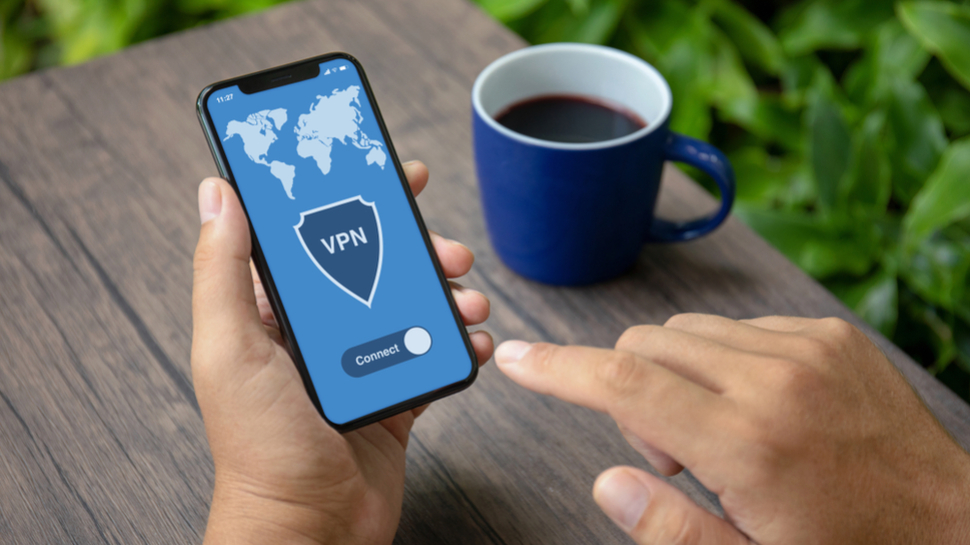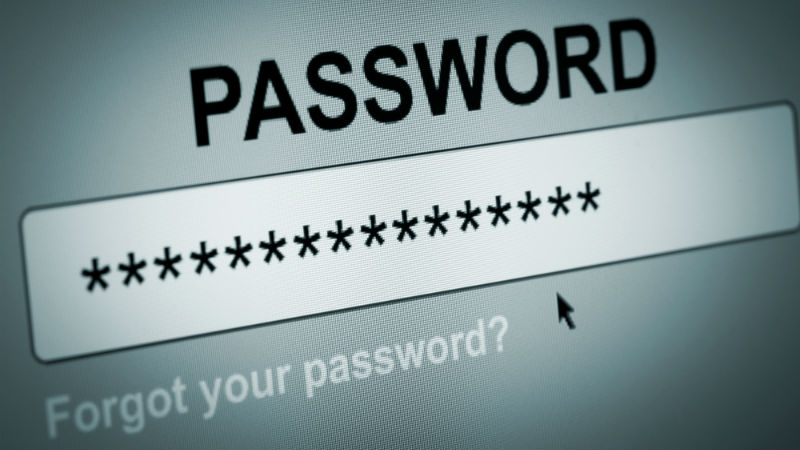You've probably heard a lot about how you should protect your identity from thieves and scammers. After all, cybercriminals can commit ...
You've probably heard a lot about how you should protect your identity from thieves and scammers. After all, cybercriminals can commit ID fraud with just the barest set of information about you. But what can you do to prevent identity theft?
Start by making sure you use these tools and services to protect your identity from theft.
- These are the best secure routers available now
- Keep your credentials safe with one of the best security keys
- Protect your data on the go with the best secure drives
1. Identity theft protection and monitoring
Let's start with the most obvious solution: identity theft protection. What is it, where can you find it, and how much does it cost?
In most cases, identity theft protection is a feature bundled into bank accounts and credit cards. Providers will monitor your account for suspicious activity and contact you in the event of unusual spending.
You can also take the time to monitor bank and credit card statements - on paper or online - to ensure nothing is amiss. Some companies offer easy access to your credit agency to check for any new credit applications in your name.
A great feature banks and credit card companies have introduced is SMS alerts. These can be configured to receive instant notification if your account goes overdrawn or a maximum spend has been breached.
With all this in mind, you should avoid ID fraud insurance. All this does is mitigate the expense of sorting the fallout from ID fraud - it doesn't reimburse your bank account or credit card. But as long as your identity theft was not caused by personal negligence, your bank will cover the cost of the fraud.
2. Secure authentication
Your identity can be stolen from a laptop, desktop, tablet, smartphone, or even a smartwatch.
The solution? Be sure to set up secure authentication. This can be anything from a password or PIN code to thumb or fingerprint recognition. It depends on your device and its limitations but always choose the most secure option.
Avoid unlocking shapes and gestures on phones and tablets, however. Finger grease can clarify what the unlock gesture is, making this the least secure option.
In addition to securing how you access your devices, take the time to set up two-factor authentication wherever it is available. Once enabled, this prevents unauthorized access to your account by requiring more than just your password. This might be a one-time passcode from a mobile app, or a one-off emailed link.
With your login authentication secured, your ID has a better chance of staying out of the hands of hackers.

3. A VPN
While wrongly considered a privacy and security solution for almost everything, there is one thing VPNs do well: they encrypt your data. If you regularly use public Wi-Fi, this is vital to prevent observation from password sniffers. Hackers use these to collect logins, passwords, and other transmitted data from unencrypted connections.
Encryption prevents a password sniffer from collecting any usable data.
So, be sure to use a VPN on any device you might use on a vulnerable network. This probably means your laptop, smartphone, and tablet.
If you're not using a VPN already, now is the time to start. Most VPNs support multiple devices and a monthly subscription of under £10.
- Check out our complete list of the best VPN services
4. Antivirus and online security software
Every computer and mobile device you use should have antivirus software. While Windows might ship with onboard AV and malware software (Windows Defender), mobile devices are less secure.
At best, online security software can detect dodgy websites and phishing links and clean up malware from your PC or smartphone. So what is the risk to your identity, though?
Well, one critical risk is emails claiming to be from a reputable bank that are scammers trying to trick you into logging into a spoofed website. That's a one-way trip to identity theft.
Similarly, you have the risk of malware installing keyloggers on your system. These tools record keystrokes as you type, recording usernames and passwords that hackers can use to access your accounts. All they need to do is pick an account holding your details and your ID is theirs to steal.
- Keep your devices safe online with the best antivirus software

5. A password manager
Remembering multiple passwords is challenging, but you must hold different passwords for every account. Many account breaches occur because the same password is used for email as, say, Facebook or PayPal.
Ending this behavior will improve your security considerably, reducing the likelihood of identity theft. The way to remember all your passwords and keep them safe and secure is to remember just one. Saving your passwords in a password manager is the answer. Can't you think of a password? Don't worry - password managers feature secure password generators.
With a password manager, a master password is used to provide access to the vault. This might be secondary to a thumb or fingerprint, depending on your device.
Several password managers are available. LastPass is reliable (see our LastPass review) and is also free to use. Also, consider 1Password, and Keeper. However, avoid the password manager built into the Chrome browser, as this isn't considered as secure.
- We've also highlighted the best password manager
Don't forget education, awareness and vigilance
If you're using these tools, you have a good chance of avoiding identity theft. While nothing can stop your accounts from being stolen due to a corporate data breach, you've done everything you can to secure things are your end.
Or have you? Well, in terms of software and services, yes. But there is always more you can do. Start by being more aware of cybersecurity issues, just as you would stay updated about neighborhood crime. After all, we're all members of the digital neighborhood. Be aware of new risks, and always double-check what you're doing-especially when you're considering following a link in an email or text message claiming to be from your bank.
Cybercriminals will attack from any angle, using any media. Be ready for them.
- Also check our our complete list of the best identity theft protection
from TechRadar - All the latest technology news https://ift.tt/u2mZ0Xb
via IFTTT










COMMENTS